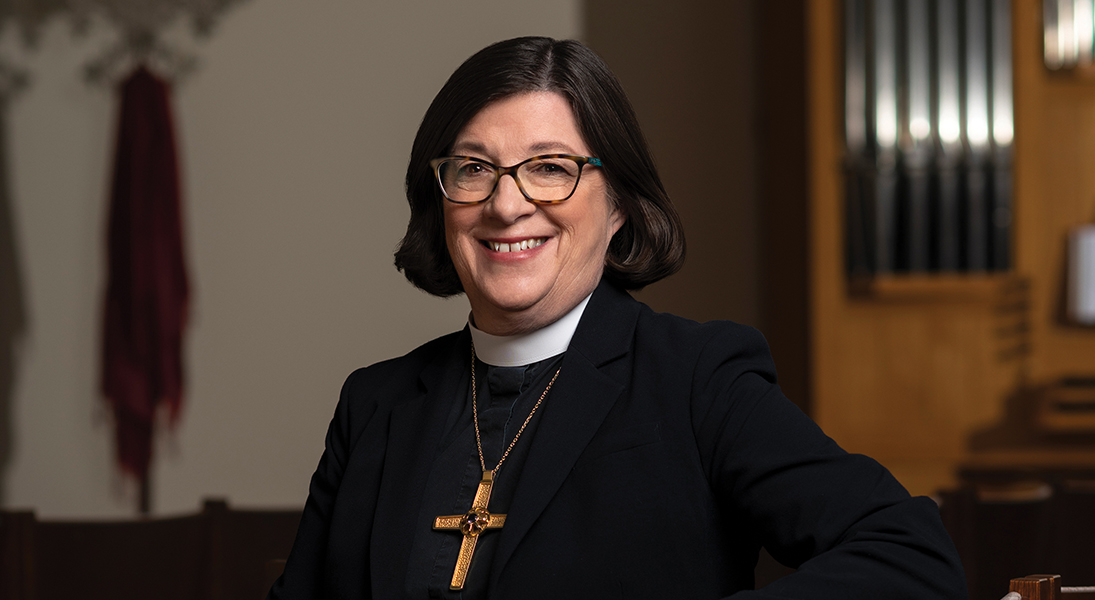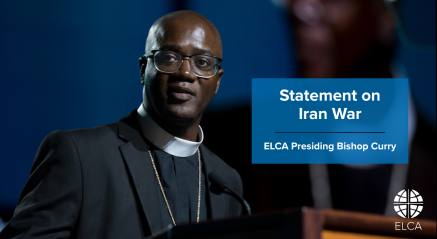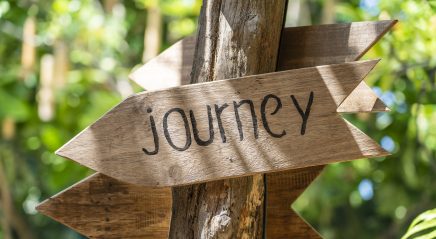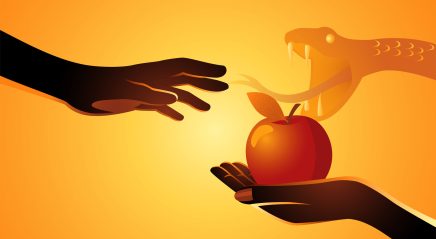The airwaves are filled with contentious political discourse. And, as we get closer to the November election, it will undoubtedly get louder and coarser. Each side seeks to catch the other with questions that aren’t designed for clarity and dialogue but to further its own agenda. Martin Luther’s explanation of the Eighth Commandment in the Small Catechism—“We are to fear and love God, so that we do not tell lies about our neighbors, betray or slander them, or destroy their reputations. Instead we are to come to their defense, speak well of them, and interpret everything they do in the best possible light”—is barely visible in the rearview mirror.
But the “gotcha” question isn’t a modern invention. “Then the Pharisees went and plotted to entrap him in what he said. … Tell us, then, what you think. Is it lawful to pay taxes to Caesar (the emperor) or not?” (Matthew 22:15-17). We know the answer. Jesus told them: “Give therefore to Caesar the things that are Caesar’s and to God the things that are God’s” (21).
This passage has been used to inform the relationship between the institutions of the state and the community of faith. In this relationship the authority of the state is real and respected—but limited. God’s authority is acknowledged as ultimate and deserving of ultimate devotion and obedience, yet it doesn’t necessitate withdrawal from or opposition to participation in civic life and its responsibilities. We Lutherans call this the doctrine of two kingdoms, and we understand that the church and the state, the spiritual and the temporal, are both established by God and are both part of God’s twofold rule. Both church and state are good gifts from God.
Lutherans have been accused of congenital quietism. Our understanding of God’s twofold rule and even the story about paying taxes in Matthew have been used to discourage participation in civic life. However, active participation in public life has been part of the Lutheran movement from its beginning. Lutherans don’t withdraw from public life. In fact, the ELCA’s constitution pledges us to “work with civil authorities in areas of mutual endeavor, maintaining institutional separation of church and state in a relation of functional interaction.”
Active participation in public life has been part of the Lutheran movement from its beginning. Lutherans don’t withdraw from public life.
I have been voting for 51 years. I can’t think of an election cycle more fraught and divisive than this one. People all across the political spectrum claim that life as we know it is on the line. It’s not possible to agree to disagree—one must decide and put a stake in the ground. There is the potential for violence.
But division and violence don’t have to be our inevitable future. On Nov. 5, no matter the outcome, we will still be here together. Our church, our people, our congregations will still be here and will witness that unity doesn’t mean uniformity; that what binds us together is new life in Christ; that the church—and our country—are bigger than our “tribe”; and that baptism proves that water is thicker than blood.
This is not “both side-ism.” Based on Scripture and the Confessions and forged through prayer, there are principles that aren’t debatable: love, community, sacrifice for the common good, to name a few. Instead, we are free and forgiven in Christ so that even when we disagree on deeply held convictions, we can still see the other as someone for whom Christ died.
Something that is missed when reading the story of Jesus and taxes is what he reveals about God and the world God so loves. We focus on Caesar. If Caesar’s image and title are imprinted on a base metal coin, a humanly created, literal graven image, where is God’s image to be found? Human creatures—the living beings whom God created in God’s own image, into whom God breathed the breath of life—are bearers of God’s image in the world.
Dear church, our citizenship is ultimately in heaven. But we are also citizens of this country—this flawed, fractious, unequal, imperfect union. In U.S. political history, people have yearned and given their lives for what they had hoped for—democratic life for the sake of the flourishing of all. One of the ways we serve our neighbor is to participate in civic life. Can we see Election Day as a unifying event when the whole country goes to the polls?
Vote.






